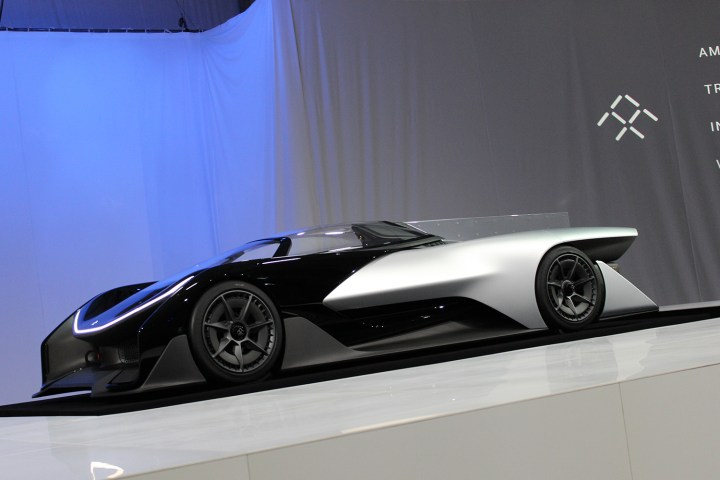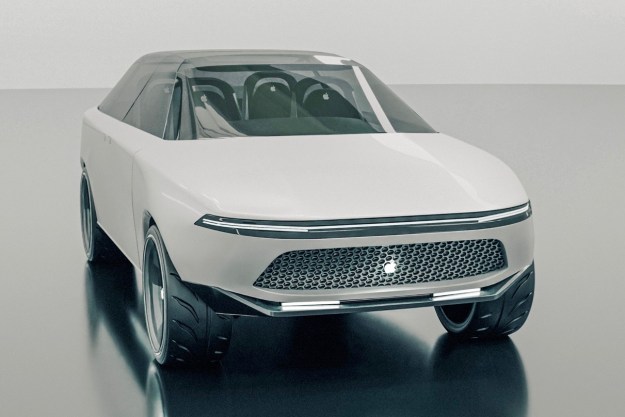
Faraday, which is based in the Los Angeles area, will begin testing prototype self-driving cars on public roads later this year, according to Reuters. The company previously applied for permission to test autonomous cars in Michigan. As it stands, California and Michigan are two of a handful of states that have explicitly legalized the testing of self-driving cars, attracting companies looking to evaluate the technology while avoiding liability issues.
Jan Becker, senior director of automated driving at Faraday’s tech center in San Jose, California, told Reuters in an interview that the company’s cars would have “state of the art driver assistance systems,” but did not mention a fully autonomous production car specifically. Driver assistance systems like adaptive cruise control are being used by other carmakers as building blocks for full autonomy, though.
Read more: Faraday Future’s Chinese patron debuts its own electric concept car
But for Faraday Future to make cars autonomous, it needs some actual cars. The FFZERO1 concept it unveiled at CES back in January was very cool, but doesn’t represent the initial production model Faraday plans to launch by the end of next year, although that car may use the Variable Platform Architecture which underpinned the concept.
Faraday broke ground on a $1 billion factory in North Las Vegas, Nevada, shortly after revealing the FFZERO1. That structure isn’t complete yet, but Faraday is already searching for a second site. Earlier this month, the Los Angeles Times reported that Faraday was in talks with the city of Vallejo, California, to build a factory, offices, and a “customer experience and delivery center” at the former Mare Island naval shipyard.
Given the tight timeframe for the launch of Faraday’s first production car, it’s possible that the company will hold off deployment of fully autonomy until later. Initial cars could have semi-autonomous systems like Tesla’s Autopilot, though. This would give Faraday more time to develop the technology, and for the legal questions surrounding self-driving cars to get sorted out.
Editors' Recommendations
- Tesla Autopilot vs. full self-driving: What’s the difference?
- Dubai Police to deploy driverless patrol cars with AI smarts
- An autonomous car in San Francisco got stuck in wet concrete
- Autonomous cars confused by San Francisco’s fog
- Is Tesla Full Self-Driving worth it?


